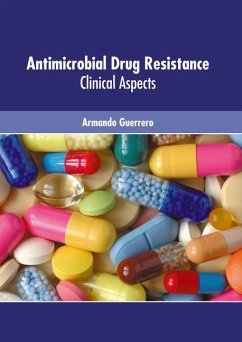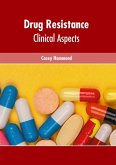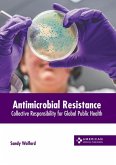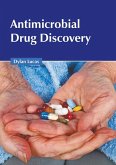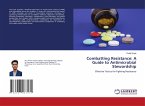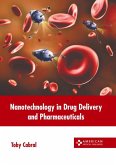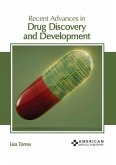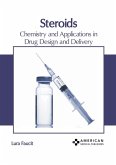Antimicrobial drug resistance is defined as the ability to resist the effects of medication by a microbe. Resistance can be developed through three mechanisms. These are natural resistance, genetic mutation and acquired resistance. Such resistance can be developed by all classes of microbes. These classes include bacteria, fungi, virus and protozoa. Bacteria develop antibiotic resistance, fungi develop antifungal resistance, viruses develop antiviral resistance, and protozoa develop antiprotozoal resistance. Growing resistance is mainly caused by the excessive use of antimicrobials by humans and animals. Its preventive measures have been undergoing through further research. These researches include alternating therapy, phage therapy, new drug development and use of vaccines. This book presents the clinical aspects of antimicrobial drug resistance in the most comprehensible and easy to understand language. It consists of contributions made by international experts. The book will serve as a valuable source of reference for graduate and postgraduate students.
Hinweis: Dieser Artikel kann nur an eine deutsche Lieferadresse ausgeliefert werden.
Hinweis: Dieser Artikel kann nur an eine deutsche Lieferadresse ausgeliefert werden.

